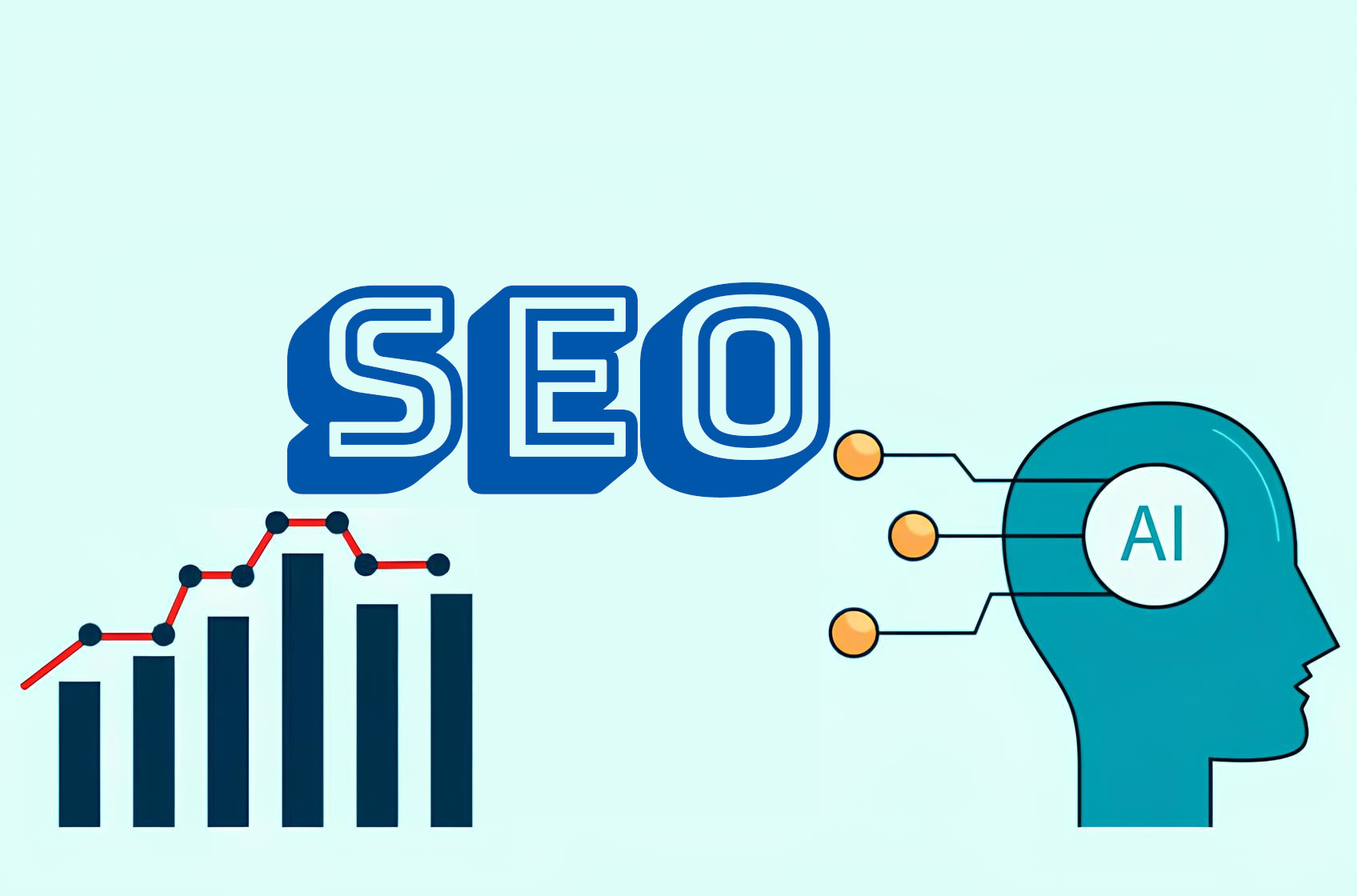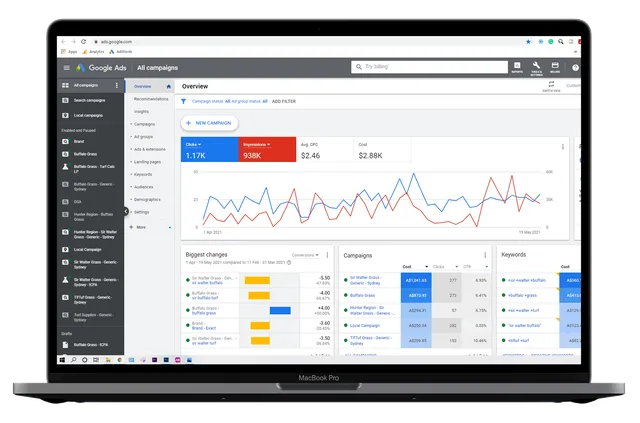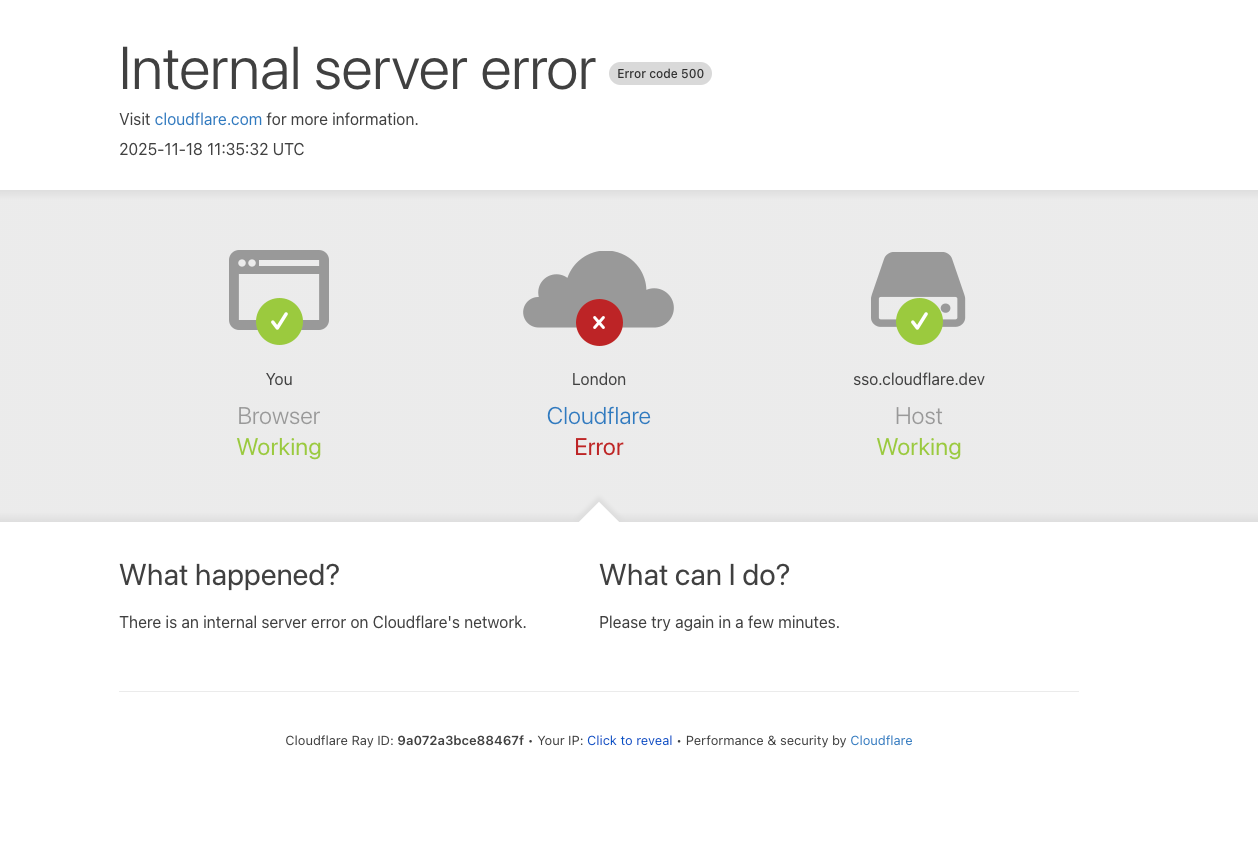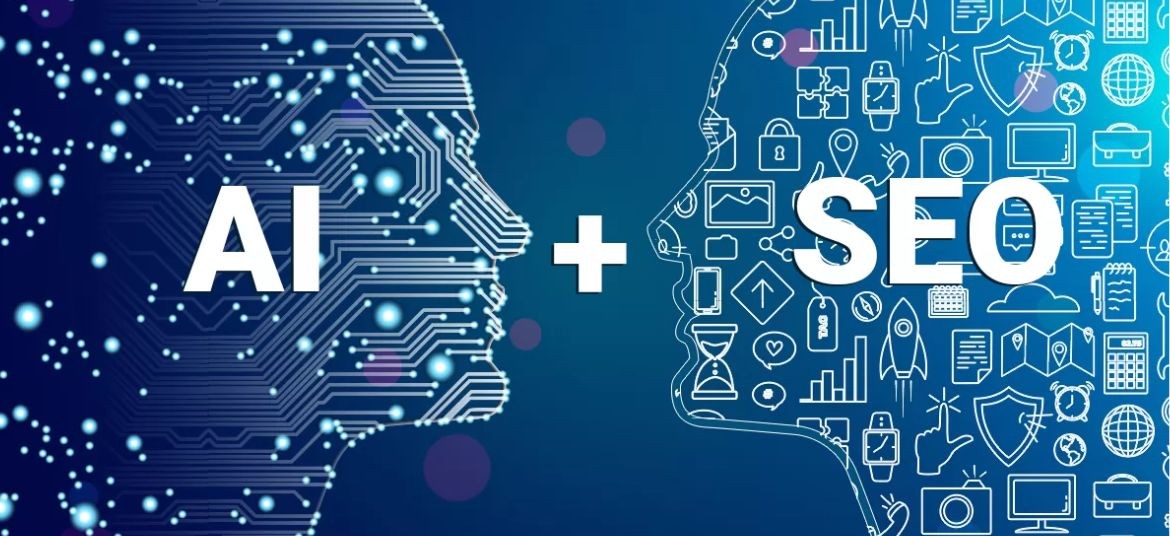How AI has impacted the website SEO process

The Impact of AI on SEO
AI has changed SEO in several ways: search is now more focused on user intent, AI Overviews (SGE) appear on the SERPs, the rate of zero-click searches has increased, the importance of quality and authority (E-E-A-T) has grown, and many AI tools now help automate content creation and optimization.
Key Impacts (Short Explanation)
- Google integrating AI into search results (AI Overviews / SGE) means users get a summary answer right on the SERP, sometimes without needing to click on a page. This changes how we traditionally measure “traffic” and CTR.
- In the context of AI-powered answers, content quality and reliability have become critical. Google emphasizes “people-first / helpful content” and criteria that evaluate useful content, rather than just optimizing for algorithms.
- Zero-click and automated summaries: Some industries (like tutorials, FAQs, and quick comparisons) are seeing traffic decrease or user behavior change. This forces marketers to optimize to “be cited” in AI Overviews or focus on conversions instead of just traffic volume.
- AI-powered SEO tools (like Surfer, Clearscope, HubSpot, etc.) make keyword research, on-page optimization, and drafting content faster. However, human expertise is still needed to check the quality and add nuanced insights.
Strategic Implications (Short)
- Individual keywords are less important; you need to optimize for intent + semantics (semantic search).
- Backlinks and brand are still crucial—AI prioritizes authoritative sources when summarizing.
- Speed, schema/structured data, and machine-readable data are now technical priorities.
A Practical Checklist (Quick—Do This Now)
- Write people-first content: Clearly answer a specific intent, and back it up with evidence or sources.
- Use headings, lists, and summary tables to make it easy for AI to extract snippets.
- Add structured data (schema) for FAQ, HowTo, Product, etc., to increase your chances of being cited in AI Overviews.
- Check page speed and Core Web Vitals to prioritize user experience.
- Build authority: Get quality backlinks, citations, and build authoritativeness (E-E-A-T) through case studies and expert content.
- Use AI as a supporting tool for ideas, outlines, and keyword optimization—but always have an expert edit it before publishing.
- Monitor SERP features and traffic (using Google Search Console and analytics) to measure the impact of AI Overviews and adjust your KPIs (shifting from “traffic” to “engagement / conversion”).
What’s Next?
AI hasn’t “killed” SEO; it’s transforming it from optimizing for algorithms to optimizing for both people and AI models.
If you’d like, I can:
- Create a quick checklist to do a check-up for a specific page (title, headings, schema, extracted snippets), or
- Analyze three articles on your site to identify what needs to be changed to “get cited by AI.”













